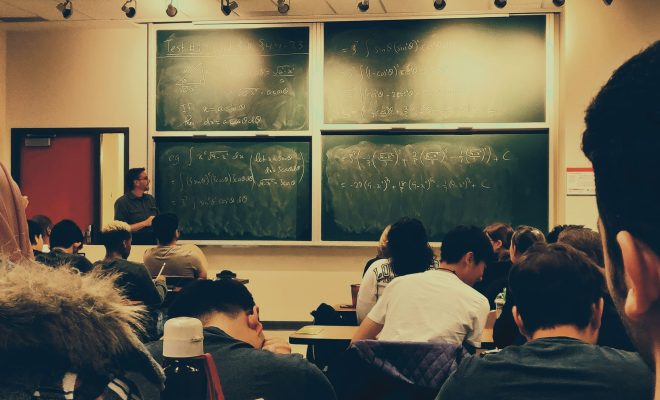Assessing Reading Accuracy and Automaticity

The percentage of the words a reader can engage correctly within a given period decides the reading accuracy. This is an essential measure for reading proficiency since it indicates the various levels of decoding accuracy. There exists various levels of performance in the word decoding accuracy tests.
The independent level is over the 97% range. These readers can engage with text without challenges or need for assistance. The teaching level readers have a performance range of 90% to 96%. They perform under the guidance of an expert reader. The last is the ‘frustration’ level. The median scores of these readers are under the 90% mark. They experience the assessment of reading text as a challenging task that is too challenging to conceptualize.
Although it is widely utilized, especially in the informal reading inventory, the test for oral reading fluency incorporates accuracy at all achievement levels. The reader faces the challenge of meeting several words within the assessment passage to meet the requests set forth by the analysis process.
Various assessment courses of action are a good process for determining accuracy because of the in-depth analysis. Still, they consume a lot of teaching time and are thus not viable for most educators. The rate of reading decides the learner’s ability to engage in automaticity and word identification.
A better and more common process is the words read correctly per minute (WCPM). Throughout the reading process, the analysis counterchecks the wrong words and counts only the correctly read words within 60 seconds.
Procedure for Measuring the Reading Accuracy Utilizing the WCPM (Words Correct Per Minute)
The initial step involves identifying appropriate text with an approximate number of words depending on the learner’s grade level. The readability formula or rubric decides the appropriateness of a text to a given level of study. The learner should read the passage aloud for one minute under a tape-recording process. Appropriate reading should be at normal reading speed without the tendency of hurrying to finish on time.
The educator has to assist in words that the learner fails to respond within a two to three-second interval to ensure the process engagement within the specified one-minute period. The educator analysis process entails checking for mispronunciation errors, bearing in mind the assisted word pronunciation. Other errors include replacing the original text to evade challenges, total oversight of tough words, and reversing of pronunciation.
The administrator has to mark the point reached after a one-minute analysis. An analyst eventually converts the scores to a percentage and compares them against the performance range’s target norms.
Benefits of WCPM Analysis
The process of WCPM (Words Correct Per Minute) is beneficial because several sessions can be performed utilizing different content in comparison of the median score versus the performance standard, which allows us to determine the learner’s actual ability.
The educator can repeat the process within a short while for a broad range of learners in need of improvement, thus determining the reading growth pattern. Relating the readers to the target norms enhances automaticity among them, channeled via relating performance to the standardized measurements for accurate reading.
By measuring the learner’s reading accuracy, the educators can decide the main sources of challenges. Some readers have low accuracy in reading and therefore automatically end with overall low scores. Simultaneously, others have high scores but suffer from decoding errors and have low scores.
The accuracy assessment helps differentiate between these two types of readers to make them better readers. The analysis decides the comprehension challenges, but eventually, reading growth depends on the type of challenges the learner experiences.






